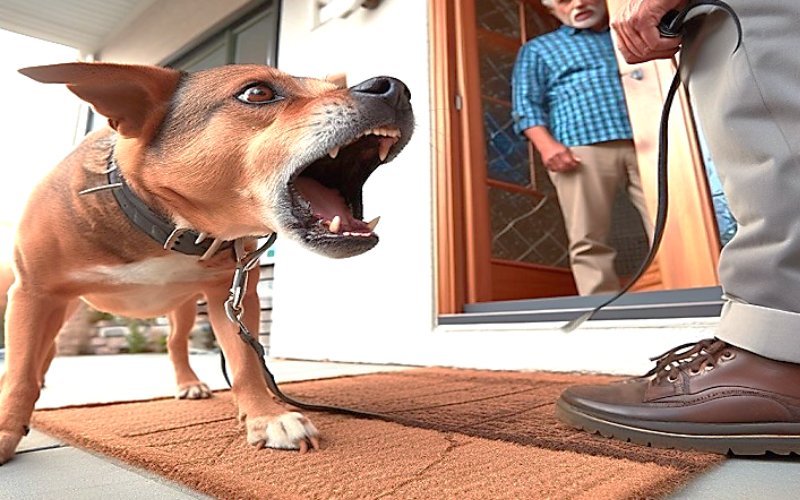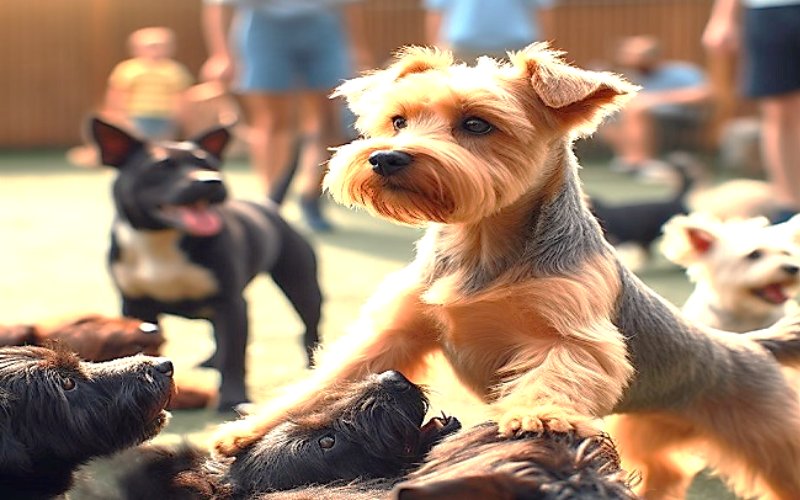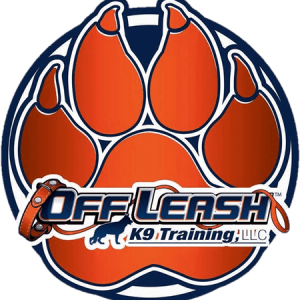Introduction
People aggression is a dog’s behavior towards a person that is either harmful or threatening. Is your dog aggressive towards people? This can be dangerous and can make it difficult to enjoy your dog’s company or have visitors in your home.
It is important to understand the causes of people aggression in your dog. This article will provide practical steps you can take to prevent it or to improve it.
Causes Of People Aggression
If you have a dog with people aggression these are some of the likely causes:
- Lack of socialization: Your puppy lacks exposure to people and situations. This may lead to fearfulness and aggression towards strangers.
- Early life trauma: Abuse, neglect, or other negative experiences at a young age can lead to aggression in dogs.
- Genetic predisposition: Some breeds of dogs are more prone to aggression than others. This is likely due to a combination of factors, including genetics, environment, and training.
It is important to understand the underlying cause of your dog’s aggression in order to develop an effective treatment plan.
Preventing People Aggression
The best way to prevent people aggression is to socialize your dog properly from a young age. This means you should expose your dog to various people, places, and situations. You can do this by taking your dog to the park and enrolling them in puppy training classes. Or you can even invite friends and family over to visit. Use balanced training and reward your dog for any good behavior.
Also, endeavor to train your dog in basic obedience. Commands, such as sit, stay, and come will help you to control your dog’s behavior. These commands may be useful in situations where your dog may be tempted to be aggressive.
Improving Existing People Aggression
Off Leash K9 Training Knoxville (knoxvilledogtrainers.com) can help improve your dog’s people aggression. They can help you develop a customized training plan to address the root cause of the aggression.
Some common techniques used to improve people aggression include:
- Counterconditioning: This involves exposing your dog to the things that trigger their aggression. Do this in bits at a time and in a positive and rewarding way. For example, if your dog growls at people who approach it, have a friend stand at a distance and toss treats to your dog. As your dog becomes more comfortable, reduce the distance between your friend and dog in bits.
- Desensitization: This involves gradually exposing your dog to triggers in a controlled environment. For example, if your dog is aggressive towards people who walk by your house, have a friend walk by at a distance. Then let them quickly disappear from your dog’s view. As your dog becomes more at ease, you can gradually reduce the distance between your friend and your dog.
- Obedience training: This can help you control your dog’s aggressive behavior. For example, your dog may likely be aggressive towards other dogs. Teach them the sit, stay, and come commands. With these commands, you can keep them under control.
- Behavior modification therapy: This type of therapy focuses on changing a dog’s behavior. It is based on the principle that all behavior is learned and can therefore be changed. Behavior modification therapy for people aggression in dogs typically involves counterconditioning and desensitization.
Patience and consistency are required to train a dog with people aggression. With the right approach, our professionals can rehabilitate even the most aggressive dogs.
Conclusion
People aggression in dogs, though serious, can be improved with the right approach. If your furry friend is always furious at people, seek professional help. Off Leash K9 Training is always available to guide and support your dog to become more comfortable and friendly with people. If you need help, we are a phone call away!
865-383-3647
[email protected]
knoxvilledogtrainers.com




